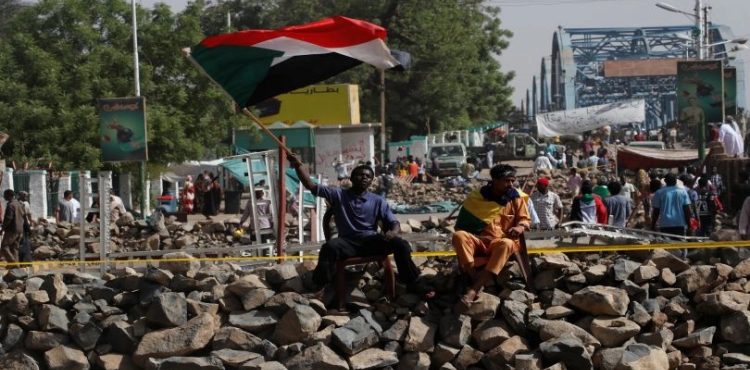According to the Sudanese Ministry of Health, the deaths of 184 people since the beginning of the protests on 19 December 2018 until the beginning of July.
The federal health ministry´s undersecretary, Sulaiman Abdul-Jabbar, said that 154 people were killed in Khartoum state, as well as 30 in other states. He said four people were killed in West Darfur, 3 in the north, 6 in the White Nile, 7 in the Nile, 8 in Gedaref, and one in Kassala and the Red Sea. He said in an interview with the "official Sudanese news agency," that "this number (184 people) includes the military and civilians and fire-fighting and other causes." Sudan has been embroiled in constant turmoil since the army´s leadership on April 11 ousted President Omar al-Bashir from the presidency amid popular protests denouncing the deteriorating economic situation. The forces of the Declaration of Freedom and Change, leader of the Popular Movement, the transitional military junta, are responsible for the deaths of dozens of protesters, especially during the dismantling of security forces to sit in front of the army headquarters in Khartoum on June 3, which the council denies. The Sudanese official said that "the deaths of some patients during the strike doctors, during the events in the country, especially programmed operations, in addition to the complications of diabetes and pressure." On July 19, the Central Committee of Sudanese Doctors (opposition) announced the end of a 207-day strike to protest the killing of protesters. The Committee said at the time that the number of deaths of protests in Sudan, since last December, amounted to 246, and the number of infected registered with a thousand and 353. She stressed that doctors "committed themselves during the strike to cover critical cases, in the departments of accidents and emergency and Intensive Care and Departments of dialysis, cancer and newborns, and carried out the strike for non-critical cases." On Tuesday, the military junta and the forces of change will resume direct negotiations on a "constitutional declaration" on power-sharing during a transitional period ending in elections. The Council has repeatedly expressed its intention to hand over power to civilians, but some elements of the forces of change are concerned that the army may retain power, as in other Arab countries.












